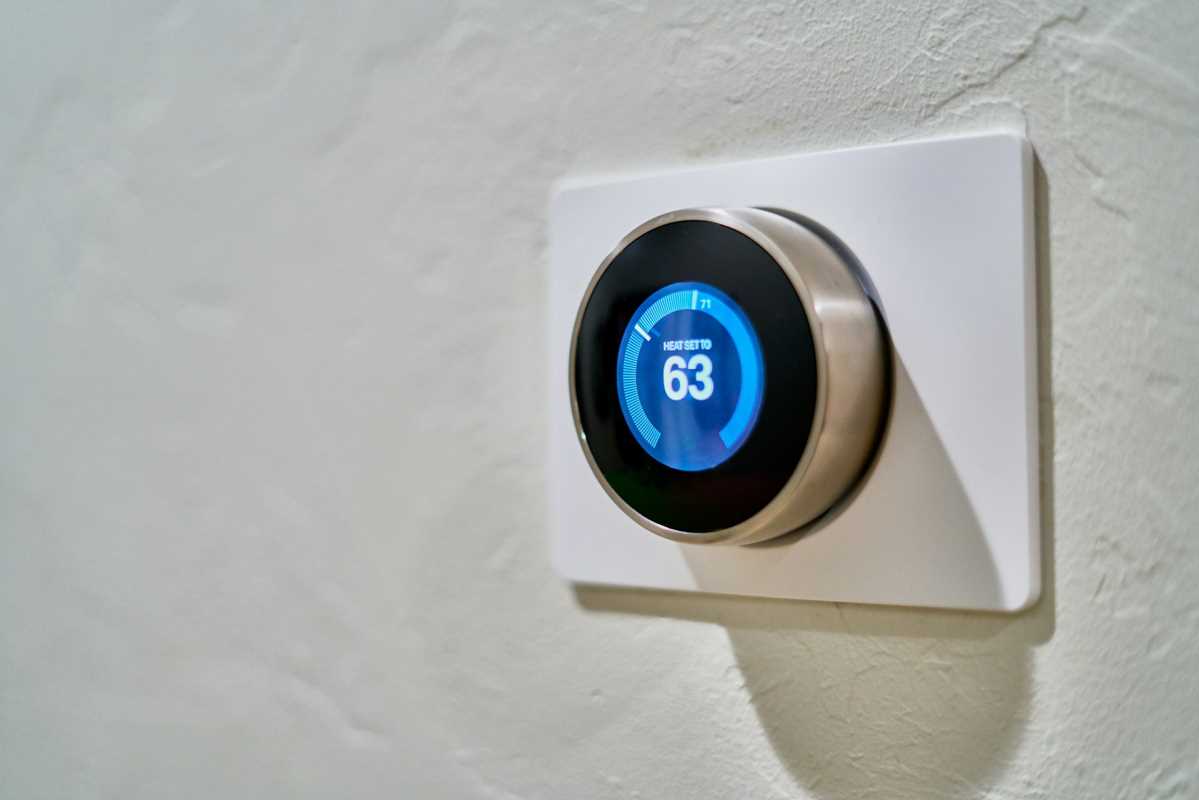Reducing monthly utility expenses can significantly improve your household budget and free up money for other important needs. While utilities like electricity, water, heating, and cooling are essential, there are many ways to cut down on these costs without sacrificing comfort. Here are practical and effective strategies to help you reduce your monthly utility expenses.
1. Energy-Efficient Lighting
Switching to energy-efficient lighting is one of the simplest and most cost-effective ways to reduce your utility bill. Traditional incandescent bulbs use more energy and have a shorter lifespan compared to energy-saving alternatives. Consider replacing them with:
- LED bulbs: These use up to 75% less energy and last up to 25 times longer than incandescent bulbs.
- CFL bulbs: Compact fluorescent lamps are another energy-efficient option, though not as long-lasting as LEDs.
Additionally, be mindful of turning off lights when they are not in use and take advantage of natural light during the day by keeping blinds or curtains open.
2. Use Smart Thermostats
Heating and cooling can be major contributors to high utility bills. Installing a smart thermostat can help you reduce these costs by optimizing temperature control throughout your home. Smart thermostats allow you to program heating and cooling schedules based on when you’re home, at work, or sleeping, ensuring that your HVAC system isn’t wasting energy when it’s not needed. Some smart thermostats also learn your preferences over time and adjust automatically to keep your home comfortable and energy-efficient.
Lowering your thermostat by just a few degrees in the winter or raising it slightly in the summer can have a significant impact on your energy consumption. As a rule of thumb:
- In winter, set the thermostat to 68°F during the day and lower it by 10-15 degrees at night or when you're away.
- In summer, keep the thermostat around 78°F when you're home, and higher when you're out.
3. Insulate Your Home
A well-insulated home retains heat in the winter and keeps cool air in during the summer, reducing the workload on your heating and cooling systems. Here are a few insulation improvements that can help lower your utility expenses:
- Seal windows and doors: Use weatherstripping or caulk to seal gaps around windows and doors, preventing drafts and reducing the amount of energy needed to heat or cool your home.
- Insulate your attic and walls: Proper insulation helps maintain consistent indoor temperatures, cutting down on heating and cooling costs.
- Install thermal curtains: These curtains help insulate windows and block out heat in the summer or retain warmth in the winter.
4. Reduce Water Usage
Cutting back on water usage not only helps reduce your water bill but also lowers your energy costs if you’re using less hot water. Consider the following water-saving strategies:
- Install low-flow showerheads and faucets: These fixtures reduce water usage by controlling flow without sacrificing water pressure.
- Fix leaks: Even a small drip from a faucet or pipe can waste gallons of water over time. Repairing leaks promptly can save you money and conserve water.
- Shorten showers: Reducing your shower time by just a few minutes can make a significant difference in your water consumption.
- Run full loads: Only use the dishwasher and washing machine when you have full loads to reduce water and energy usage.
5. Unplug Electronics When Not in Use
Many household electronics continue to draw power even when they’re turned off, leading to what's known as phantom energy usage. To avoid this, unplug devices like computers, TVs, chargers, and kitchen appliances when they’re not in use. Alternatively, use power strips to turn off multiple devices at once.
For more convenience, consider investing in smart power strips that automatically cut off power to electronics when they’re not in use.
6. Upgrade to Energy-Efficient Appliances
If your budget allows, upgrading to Energy Star-certified appliances can lead to significant savings on your utility bills. These appliances are designed to use less energy without compromising performance. Common energy-efficient appliances include:
- Refrigerators
- Washing machines
- Dishwashers
- Air conditioners
- Water heaters
Although these appliances may have a higher upfront cost, the long-term savings on energy bills make them a worthwhile investment.
7. Optimize Laundry Habits
Laundry is another area where small adjustments can lead to big savings. Consider these laundry tips:
- Wash clothes in cold water: Heating water accounts for a significant portion of energy use in washing machines. Cold water cleans just as effectively for most loads and uses much less energy.
- Air-dry clothes: Whenever possible, skip the dryer and hang your clothes to dry. This not only reduces your energy usage but also extends the lifespan of your clothing.
- Clean the lint trap: A clogged lint trap reduces the efficiency of your dryer, making it take longer to dry clothes and using more energy. Clean it after every load.
8. Reduce Hot Water Heater Temperature
Many water heaters are set to a default temperature of 140°F, which is higher than necessary for most households. Lowering the temperature to 120°F can reduce your energy consumption for heating water without sacrificing comfort. You’ll still have hot water for showers and washing dishes, but with lower energy costs.
9. Use Ceiling Fans
Ceiling fans are a cost-effective way to help regulate indoor temperatures. In the summer, ceiling fans create a wind-chill effect, allowing you to raise your thermostat a few degrees without losing comfort. In the winter, reversing the direction of the fan can help circulate warm air that rises to the ceiling, making rooms feel warmer without cranking up the heat.
10. Practice Energy-Conscious Habits
Finally, adopting simple energy-conscious habits can go a long way in reducing your monthly utility bills. These habits include:
- Turning off lights when leaving a room.
- Closing doors and windows when heating or cooling your home.
- Using natural ventilation on cool evenings to reduce air conditioning.
- Opting for shorter cooking times and smaller appliances (like microwaves or toaster ovens) instead of the full-sized oven.
Reducing your monthly utility expenses doesn’t require drastic lifestyle changes. By making smart adjustments to your energy consumption, water usage, and household habits, you can lower your bills while also minimizing your environmental footprint. Many of these strategies not only help you save money but also contribute to a more sustainable and energy-efficient home.







